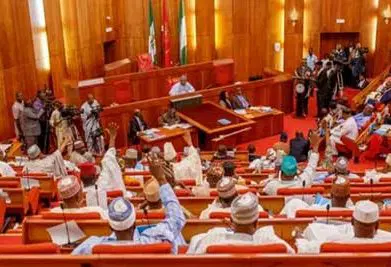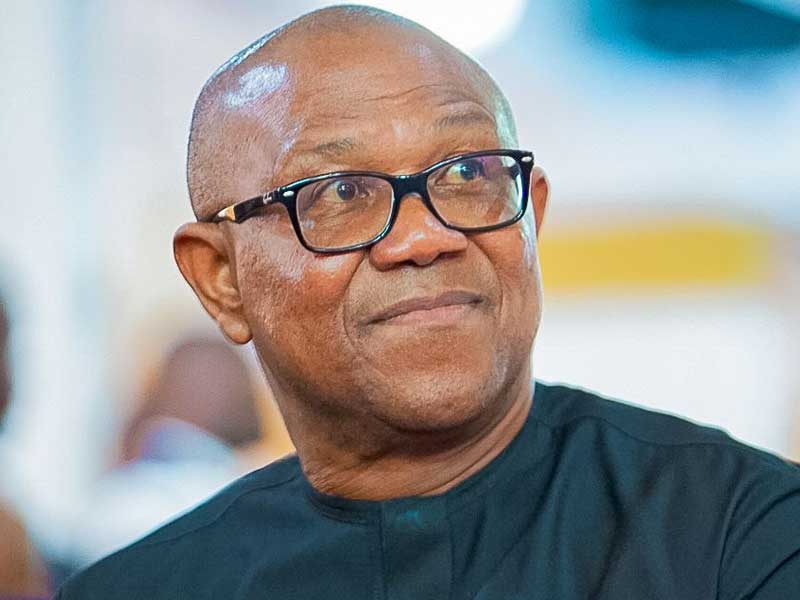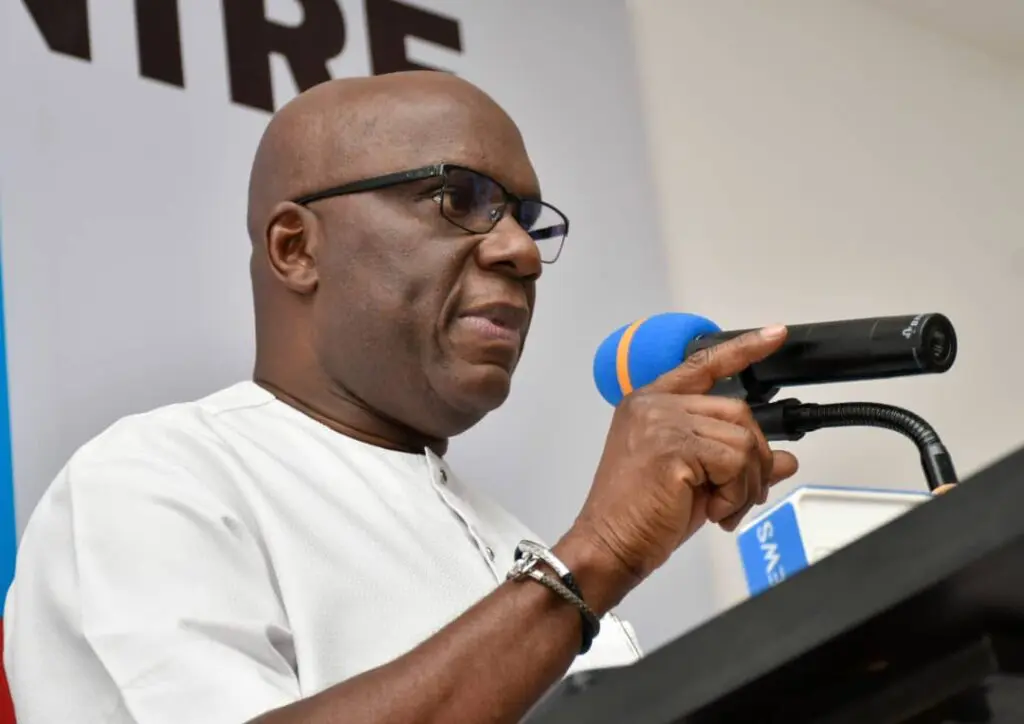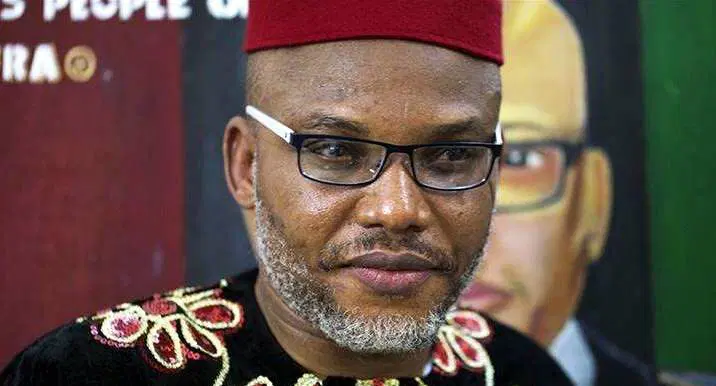Now Reading: 25 Years, Five Amendments: Nigeria’s Costly Struggle with the 1999 Constitution
-
01
25 Years, Five Amendments: Nigeria’s Costly Struggle with the 1999 Constitution
25 Years, Five Amendments: Nigeria’s Costly Struggle with the 1999 Constitution

A quarter of a century into Nigeria’s democracy, the 1999 Constitution has been amended five times, with billions of naira spent on reviews that critics say often yield little more than political theatre.
Since 1999, constitutional reform has become a recurring exercise—each round generating hype, heavy spending, and promises of transformation, but with limited impact on governance.
A History of Amendments and Stalled Efforts
The most significant alterations came in 2010 under President Umaru Musa Yar’Adua, who signed two rounds of amendments into law. These reforms put the Independent National Electoral Commission (INEC) on first-line charge from the Federation’s Consolidated Revenue Fund, extended the same financial autonomy to the National Assembly and Judiciary, and lowered the age requirements for electoral commissioners.
Other landmark changes included streamlining election petition timelines, reducing the number of judges at tribunals, and elevating the National Industrial Court to a superior court of record.
Under President Muhammadu Buhari, constitutional changes continued. In 2018, he signed the Not-Too-Young-To-Run Bill, which lowered the age threshold for key political offices—reducing the presidential age limit from 40 to 35 and cutting entry ages for the House of Representatives and state assemblies from 30 to 25.
Buhari also approved four further alterations on June 8, 2018, marking part of the fifth wave of constitutional amendments.
Aborted and Vetoed Reforms
Not all attempts have succeeded. The Obasanjo-era review collapsed in 2006 amid the storm over his alleged third-term bid. In 2015, President Goodluck Jonathan vetoed several alteration bills, citing irregularities and breaches of separation of powers in a strongly worded letter to the Senate.
Criticism of a “Seasonal Jamboree”
Analysts argue that despite billions poured into constitutional reviews, the process has become more of a seasonal political ritual than a genuine reform mechanism. While some changes, such as financial autonomy for INEC and the Not-Too-Young-To-Run law, have had tangible impact, critics say many amendments have done little to strengthen Nigeria’s democracy or address its structural challenges.
With fresh calls for reform under President Bola Tinubu’s administration, Nigerians are once again asking: will the next round of amendments deliver meaningful change—or just another costly jamboree?




